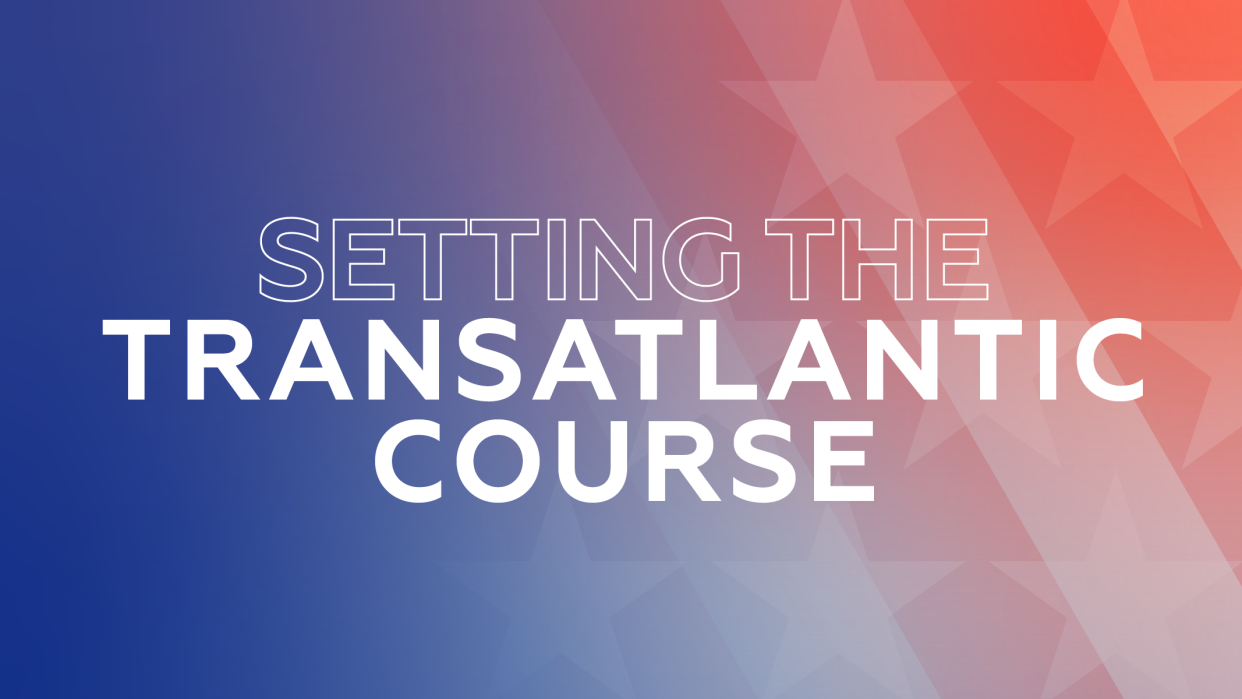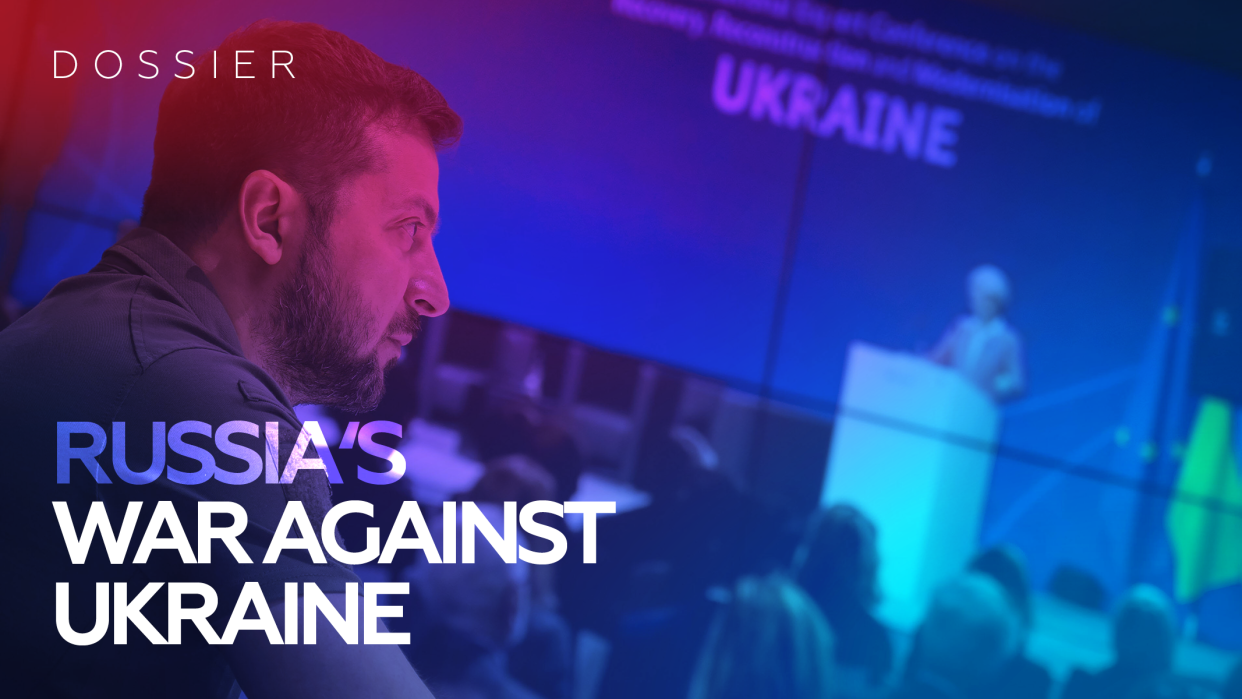Influencers and Their Ability to Engineer Collective Online Behavior
Influencers can be powerful allies in spreading important information, but they can also be weaponized to undermine social cohesion and democratic processes. While their ability to amplify narratives, engineer trends, and mobilize communities has made them into valuable commodities for promoting ideas and beliefs, their expertise and power can be exploited. This DGAP Policy Brief outlines strategies for policymakers to harness influencers’ potential while mitigating the risks of manipulation to safeguard democratic stability.
US Elections and European Cohesion: Scenarios for Green Transitions and Transatlantic Climate Action
What Feminist Foreign Policy Alliances Should Deliver in Times of Crisis
Rather than congratulating themselves for simply adopting a feminist foreign policy, countries should focus on how it can serve as a practical tool for responding to crises and addressing threats to human security—such as the current war in Gaza.
Waiting for Christian
The pro-business Free Democrats are likely to leave the government early. It may be party leader—and finance minister—Christian Lindner’s last consequential mistake for a while.
New in our Media Center
The US Elections: Results and Reactions on the Morning After
On the day after the US presidential election, we assess the results, discuss reasons for the outcome, and shed light on the steps ahead. We focus on the implications of the election for the transatlantic relationship and especially for Germany.











